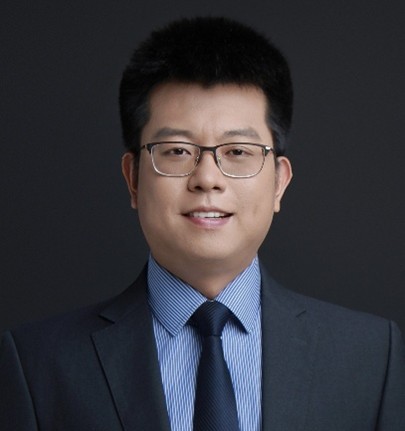Program
The International Conference on
Aerospace System Science and
Engineering
JULY 29-31,2025
Singapore
Invited speech

Luming Fan
Associate Professor ,School of Aeronautics and Astronautics
Shanghai Jiao Tong University.
Research Interest: Application of neuromorphic vision on flow diagnostics, clean energy, hydrogen combustion and emission reduction, combustion diagnostics
Title: Advancing Flow Diagnostics with Neuromorphic Vision
Abstract
Neuromorphic cameras, also known as event-based cameras, are dynamic vision sensors that offer a novel imaging approach distinct from conventional frame-based cameras. Unlike traditional cameras, they operate each pixel independently, generating output only when changes in light intensity exceed a user-defined threshold. This significantly reduces data bandwidth, enabling rapid processing and lower computational demands at a fraction of the cost of conventional high-speed cameras. Neuromorphic vision is widely regarded as an ideal optical system for AI, autonomous navigation, and other applications requiring rapid response times compared to frame-based cameras. In this talk, we present recent advancements and our research on applying neuromorphic cameras in flow and flame measurements. Beginning with the most commonly used velocimetry technique, Particle Image Velocimetry (PIV), we evaluate the impact of neuromorphic cameras' data bandwidth on the temporal and spatial resolution of measurements. Our findings indicate that the minimum pulse interval for PIV can reach 200 µs, equivalent to a high sampling rate of 5 kHz, while maintaining spatial resolution comparable to frame-based PIV. Additionally, the dynamic range of neuromorphic PIV extends from 1 to 20, demonstrating the potential of these cost-effective and portable cameras for real-time flow measurements and object tracking. Furthermore, a drone-strike scenario on an aircraft’s horizontal stabilizer is recorded using multiple neuromorphic cameras. By integrating computational neural networks, we reconstruct a 2D grayscale image of the impact moment and track the resulting fragments. This highlights the promising role of neuromorphic cameras, in combination with AI, as a crucial tool for low-altitude airspace applications.
Bio
Dr. Luming Fan is currently an Associate Professor at the School of Aeronautics and Astronautics, Shanghai Jiao Tong University. Before this role, he worked as a Research Officer at the National Research Council Canada from 2021 to 2024 and was a visiting researcher at Otto-von-Guericke Universität, Magdeburg in 2020. He earned his BEng from Sichuan University, MSc from the University of Nottingham, and PhD in Mechanical Engineering from the University of Cambridge (2014–2019). Dr. Fan has led multiple scientific research projects funded by NSERC, NRC, and EPSRC, focusing on hydrogen combustion, flame-wall interactions, and advanced combustion diagnostics such as thermographic PIV and phosphor thermometry. He has also collaborated with industry partners, including Siemens Energy Canada, on hydrogen combustion and the micromix technology for NOx and thermoacoustic instability reduction, which earned an NSERC Science Exposed Prize and an Excellence Award from the NRC Low Aviation Emission Program (LEAP). His current research interest focuses on the AI-aided neuromorphic vision for flow diagnostics and object tracking, to support the emerging low-altitude airspace economy.

 loading......
loading......